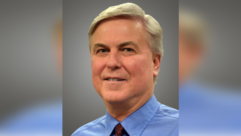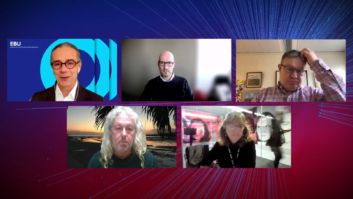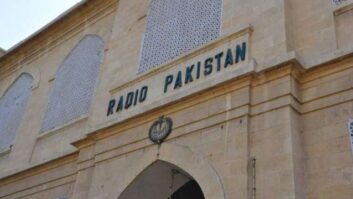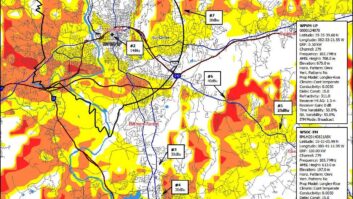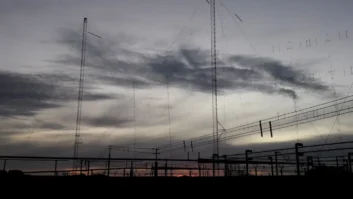Building on its previous FM IBOC power increase study, NPR Labs has been awarded $350,000 in grant money from the Corporation for Public Broadcasting to conduct further studies related to a possible digital power increase.
The efforts will establish industry recommendations for the amount of power increase needed to improve digital radio coverage while protecting the existing analog FM system and its subcarriers.
IBOC proponents have asked the FCC to approve an up to 10 dB digital power increase in order for portable devices, expected on the market later this year, to be able to reliably receive the HD Radio signal. If approved, the increase by stations would be voluntary.
The new testing will include a combination of lab testing and field work, with the latter conducted both inside various buildings and in vehicles, according to Mike Starling, vice president and chief technology officer of NPR and executive director of NPR Labs.
Unlike previous efforts, this time NPR Labs, iBiquity Digital and commercial radio are coordinating their efforts rather than doing separate studies.
NPR Labs is actually conducting the tests; however, members of commercial radio groups — like CBS Radio, Clear Channel Radio and Greater Media — and iBiquity will support the efforts by offering personnel or other resources, Starling told Radio World. The goal, according to Starling, is to get to a definition of what the stakeholders believe is a managed digital power increase.
The new work will seek to determine how to maximize HD Radio coverage while minimizing interference with essential analog FM radio services. It will build on earlier research by NPR Labs of digital radio coverage, also funded by CPB. The earlier study revealed that FM services would experience a high level of interference from HD Radio signals in some areas, if the needed power increase was not closely managed.
NPR President/CEO Vivian Schiller stated in the announcement that critical issues related to the power increase need to be resolved. “NPR is committed to advancing HD Radio and protecting the quality of the listening experience for all of our audiences. If the power increase is not carefully managed, NPR member stations risk losing audience to signal interference.”
“The industry collaboration involved in this study will generate technical data needed to inform decision-making on best options for elevated digital radio power levels,” according to CPB Senior Vice President for Radio Bruce Theriault.
Participants hope to complete both the testing and evaluation by the end of this summer and then present their findings to CPB, FCC and the broader industry in time for the National Association of Broadcaster’s Radio Show in Philadelphia in September 2009.




